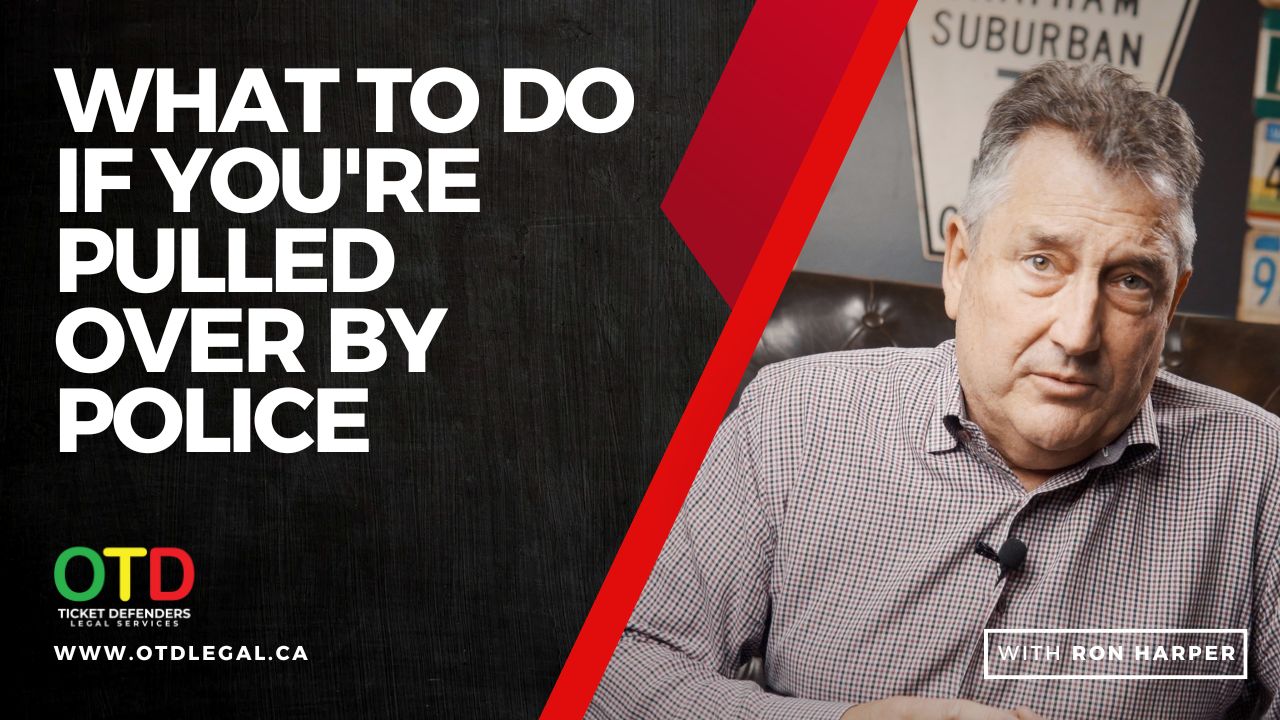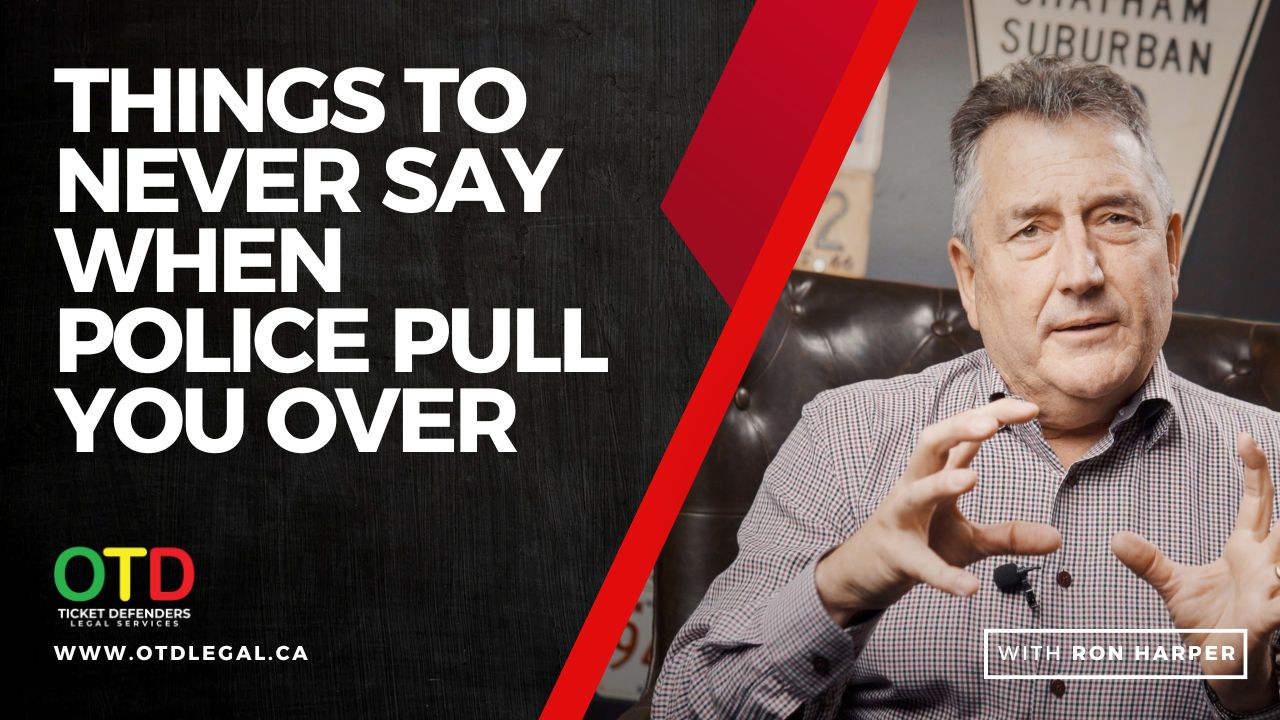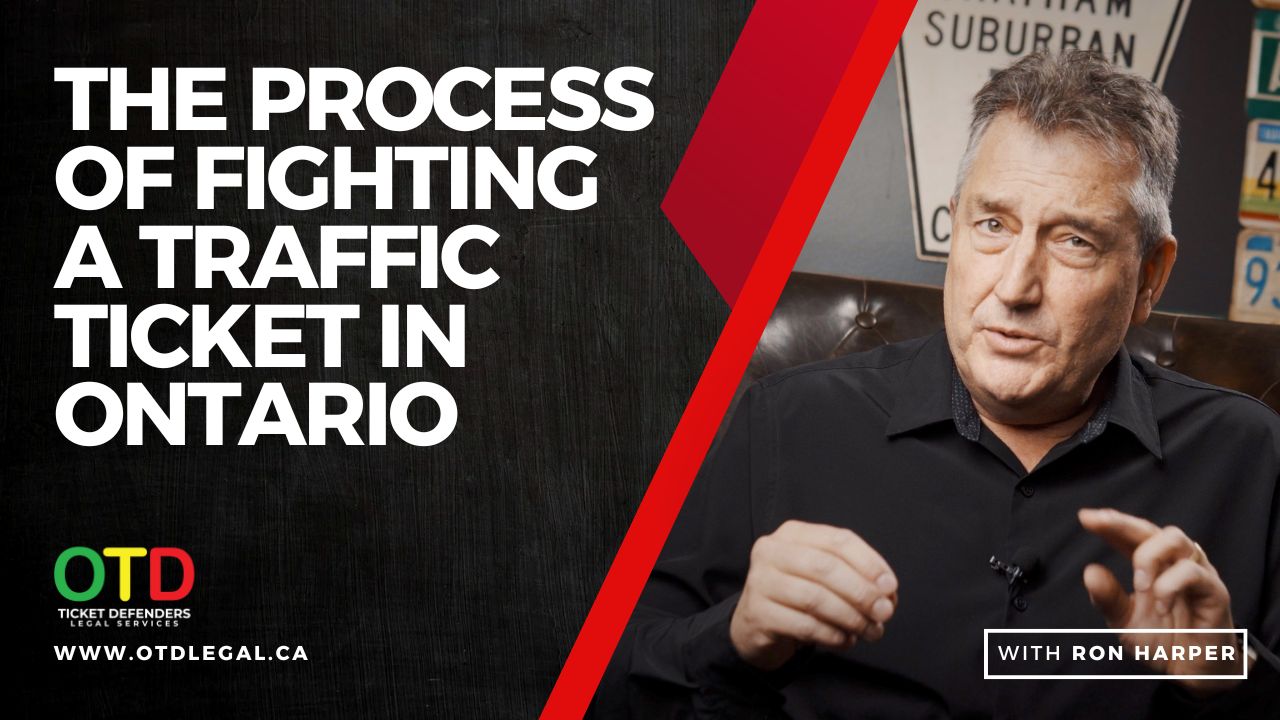Attending an early resolution meeting can be challenging, especially if you’re not familiar with the legal process. Many people try to handle these meetings on their own but often feel unprepared or unsure about what to say.
Knowing what’s helpful—and what could hurt your case—is essential. At OTD Legal, we take a strategic and informed approach to these meetings. One key part of our process is recognizing what kinds of statements might be ineffective or even harmful. In many cases, the prosecution already has a position before the meeting starts, so how you communicate really matters.
Key Takeaways
- Legal guidance improves your chances of a favourable outcome in early resolution meetings.
- Statements can negatively impact case results and be self-incriminating.
- Professional representation can provide strategic advantages.
Approaching Early Resolution Meetings
Differences in Representation
Having legal representation can make a big difference in how your early resolution meeting goes. At OTD Legal, we approach these meetings with a clear strategy—something that’s often hard to do when you’re representing yourself. When you go in alone, it’s easy to feel unprepared, especially since the prosecutor usually has their position set before the meeting even begins. Without a strong understanding of the legal process, you might say something that works against you or frustrates the prosecutor, which can hurt your chances of a better outcome.
Understanding Prosecutor Expectations
Prosecutors often come into early resolution meetings with a decision already in mind. For example, if you’re facing an absolute liability charge like speeding, explanations such as a broken speedometer or a bathroom emergency usually won’t change their position. That’s why it’s so important to understand the difference between absolute and strict liability offences—it helps you communicate more effectively.
Even if you get the disclosure materials ahead of time, it can still be tough to challenge the prosecutor’s stance without legal help. That’s where we come in. At OTD Legal, we help you understand the key issues in your case and present arguments that actually matter—giving you a better shot at a more favourable result.
Identifying Types of Offences
Strict vs. Absolute Liability
When you’re dealing with a traffic offence, it’s important to understand the difference between strict liability and absolute liability. These categories shape how your case can be handled and what kind of defence might apply.
Strict Liability:
If you’re charged with a strict liability offence, you may have a defence if you can show that you took all reasonable steps to avoid committing the offence. That could mean presenting evidence or explaining specific circumstances that justify your actions.
Absolute Liability:
Absolute liability offences, on the other hand, don’t allow for that kind of defence. With charges like speeding, the only question is whether the offence happened—not why it happened or what your intentions were.
Understanding this distinction is crucial if you’re heading into an early resolution meeting. If the offence is absolute liability, the prosecutor may have already made up their mind before the meeting starts. That’s why having a legal professional on your side can make a big difference. At OTD Legal, we help you navigate these legal details and prepare the best possible approach for your situation.
Examples of Ineffective Statements
When attending an early resolution (ER) meeting regarding traffic violations, individuals often believe certain explanations may lead to charge reduction or withdrawal.
Common Ineffective Statements:
- Broken Equipment: Claiming a broken speedometer may seem like a valid excuse, but it typically does not sway the outcome.
- Personal Needs: Explaining that a bathroom emergency caused the infraction is unlikely to garner sympathy.
- Pleading Ignorance: Stating unawareness of the violation or the law often does not help in reducing charges.
Why These Statements Are Ineffective:
- Pre-Determined Decisions: Prosecutors often have a position in mind before meetings. Casual excuses generally do not affect the prepared decision.
- Annoyance Factor: Certain comments might irritate the prosecutor, making them less inclined to offer leniency.
For effective legal representation, it’s a good idea to work with an experienced paralegal or lawyer—like the team at OTD Legal. We understand the key differences between absolute and strict liability offences and know how to approach early resolution meetings with a clear, strategic plan. With the right guidance, you’ll be better prepared to handle the process and avoid common mistakes that could hurt your case.
Anticipating the Prosecution’s Position
In early resolution meetings, the prosecutor usually comes in with a decision already made. If you’re dealing with an absolute liability offence like a speeding ticket, the outcome is often set before any conversation takes place. That can catch you off guard if you were hoping your explanation—like a broken speedometer or a personal emergency—might change the outcome.
Even with more serious charges, such as careless driving, many people expect to negotiate for a withdrawal or reduction. But in most cases, the prosecutor’s position is already outlined ahead of time, leaving very little room for negotiation.
Key Points to Keep in Mind:
- Pre-Set Outcomes: The prosecutor often has a decision in place before the meeting starts.
- Unconvincing Justifications: Common reasons or excuses rarely influence the process.
- Limited Impact: There’s usually not much you can say in the moment to shift their position.
- Why It Matters: With professional representation, we can guide the conversation and use legal strategy to aim for a better result.
Potential Outcomes of Self-Representation
If you choose to represent yourself at an early resolution meeting, the results can be unpredictable. Many people believe that sharing personal reasons—like a broken speedometer or an urgent situation—will influence the prosecutor’s decision. But in most cases, especially with offences like speeding or careless driving, the prosecutor already has a position before the meeting begins.
Self-representation can also create frustration if what you say is seen as irrelevant or unhelpful. In some cases, this can lead to increased scrutiny of your case or even push the prosecutor toward recommending a trial.
Key Considerations:
- Preparation Matters: You need a solid understanding of legal terms like strict and absolute liability.
- There’s Risk: Prosecutors rarely change their stance, and going in alone can reduce your chances of a better outcome.
- Professional Advice Helps: Working with an experienced paralegal can give you a clearer strategy and better results during these meetings.
The Benefit of Legal Representation
Having legal representation can make a big difference in the outcome of your traffic ticket case. At OTD Legal, we approach early resolution meetings with experience, strategy, and a deep understanding of how the system works—something most people don’t have when going in alone.
Why It Matters:
- Expertise and Insight: We understand the difference between strict and absolute liability offences and use that knowledge to build the strongest possible defence for your situation.
- Effective Communication: We know how to speak with prosecutors in a way that avoids misunderstandings and prevents you from saying something that could hurt your case.
- Strategic Preparation: When we receive the prosecutor’s position in advance, we’re ready with arguments or evidence that could influence the outcome.
- Avoiding Mistakes: Without representation, it’s easy to say something damaging. We help you avoid those missteps and focus on what actually works.
Working with professionals gives you a clear advantage—and often a better result.
Contact OTD Legal
At OTD Legal, we’re here to help you navigate the challenges of traffic offences. Early resolution meetings can be confusing—especially when you’re dealing with strict or absolute liability charges like speeding or careless driving. It’s important to approach these situations with the right strategy and understanding.
If you’re looking for professional guidance, we offer experienced legal representation in traffic ticket cases. Our team knows how to handle complex legal situations and work toward the best possible outcome for you.
Need help with a traffic ticket?
Reach out to OTD Legal today—we’re ready to support you every step of the way.
Video Transcription:
What to say at an early resolution meeting. Many of my clients have reported that they’ve attempted to conduct an early resolution meeting and did not know what to say. I’m going to tell you what to say, and what may have value. But I’d like to first say that the way my firm, or anyone from my firm—or even myself—would approach an early resolution meeting is going to be significantly different from the average member of the public out there.
So, the best way to describe what to say is to start with what would not have any value if you said it. Let’s say you have a piece of paper that came in the mail or was emailed to you. It gives you a date, and it might say something like ER (Early Resolution). In Ontario these days, that’s usually done by a phone call for most people.
If you have the ability to sit at your computer in front of a camera, you can do it “in camera.” What will happen in those situations is you’re going to meet directly with one of the prosecutors involved. Now, you’re going to be dealing with one of two things. If you review the other videos I posted, you’ll understand the difference between a strict liability offense and an absolute liability offense. It’s important to know that difference if you’re attending one of these ER meetings.
The best example I can provide right now, regarding what you’d want to say, is to consider a speeding ticket. That’s probably the most common thing people deal with on their own. In a situation like that, all kinds of thoughts go through the mind of someone charged. They have this desire to tell the prosecutor something, hoping the charge will be withdrawn or something will be done about it.
Often, clients say things like, “My speedometer was broken at that time,” or “I had to go to the bathroom.” In their mind, they think, “If I just tell the prosecutor this, I’ll get the result I want,” whether that’s withdrawal or reduction of the charge.
What I know from these types of meetings and these types of charges—absolute liability speeding—is that, before you even arrive at that meeting, before you say anything, the prosecutor usually already has a position in mind. Whether it’s “I’m not going to do anything for this person” or “I’m going to offer them some sort of a reduction.”
So, the reality is that as you conduct your ER meeting and present what you think you should say, it’s often already pre-decided. If not, then some—or most—of the things you say in that absolute liability regime have no impact anyway.
The reality is it’s going to be unproductive, and often, over the many years I’ve been doing this, I find clients very disappointed in that situation. The same is true at the other end of the spectrum with something like careless driving—it’s also very unproductive.
Clients try to handle it on their own because they want to know what to say to achieve the result they want. Most people want the charge withdrawn, or if not withdrawn, then reduced to something better for their lives.
There are certain things you can say that might help, but there are many more that can make the situation worse. I’ve already mentioned that when you enter those meetings, most of the time, the prosecutor has already made up their mind. Recently, I’ve seen ER meetings where prosecutors send out their position in advance. So, you haven’t said a word, haven’t spoken to anyone, certainly not to the prosecutor, yet you’ve already received their stance before even attending.
In those situations, especially if you’re representing yourself, it’s virtually impossible for me to tell you what to say to fix it. You’ve already got the result you’re going to get, and that’s as good as it’s going to get.
These situations always make me sigh because I’m a bit disappointed we didn’t get the opportunity to do that meeting for you. We know what to say, and we know the context—whether it’s absolute liability or strict liability.
The way those ER meetings are conducted with someone like myself is very different than with an unrepresented person. To fully answer the question on what to say, I’d suggest you review the other videos so you know the difference. You need to understand that certain things you say might just annoy the prosecutor, which could frustrate them enough to think, “This is a trial I want to conduct.”
Because you’ve annoyed the prosecutor. These are the types of things you want to be aware of before you enter that meeting. And remember, if you’re considering help from a licensed lawyer or paralegal, it’s always better—and I know this is self-serving—but it’s always better to approach us first and let someone who does this regularly conduct that meeting for you. That puts you in a position of the most advantage.







